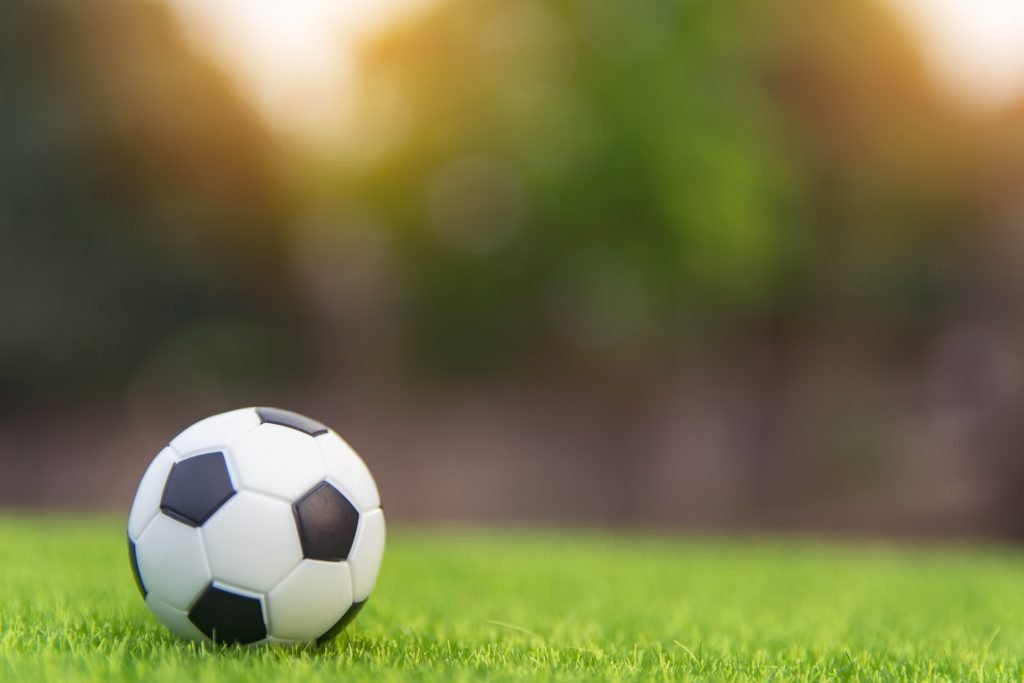
A ban on children heading a soccer ball in Scotland could be implemented in the coming weeks due to fears over the links between heading a ball and dementia. According to the BBC, the Scottish Football Association wants to protect children after a report showed that former soccer players have a higher risk of getting dementia later in their life. Taking into account that professional soccer players have a tough amount of fixtures, often playing 2 games per week, it’s not a surprise this influences them later in their life.
The debate has been ongoing in Scotland since the release of the study in October of 2019. If the rules of soccer were being written today, headers would likely be outlawed. But, the rules were written about 150 years ago. Also in the US, where soccer is gaining popularity, many believe this part of the game should be abandoned. Knowing everything we now know about head injuries, would we allow headers in soccer if the sport was invented in this day and age?
The doctor of the Scottish Football Association, John MacLean, was part of the team which highlighted that former players are three-and-a-half times more likely to die of dementia. It’s not likely a ban on headers will be implemented in the major leagues any time soon, but McLean would at least wants a to see a rule where temporary substitutions would be allowed. Currently, games are stopped for 3 minutes to allow an examination of a suspected concussion by medical staff. If further treatment is required, the player must then leave the field permanently. If temporary substitutions were allowed, the player could come back on the pitch.
The ban on headers for youth players is likely to be confirmed by the Scottish FA in the coming weeks when all stakeholders have signed up to the plan. The age limit will be set to 12 years. This assumes that a boy or girl of 13 years or older is safe to head the ball. But there is no science to back up this claim. A more permanent solution could be to use specialized headgear for mitigating damage to the head, as is the case in American football.



